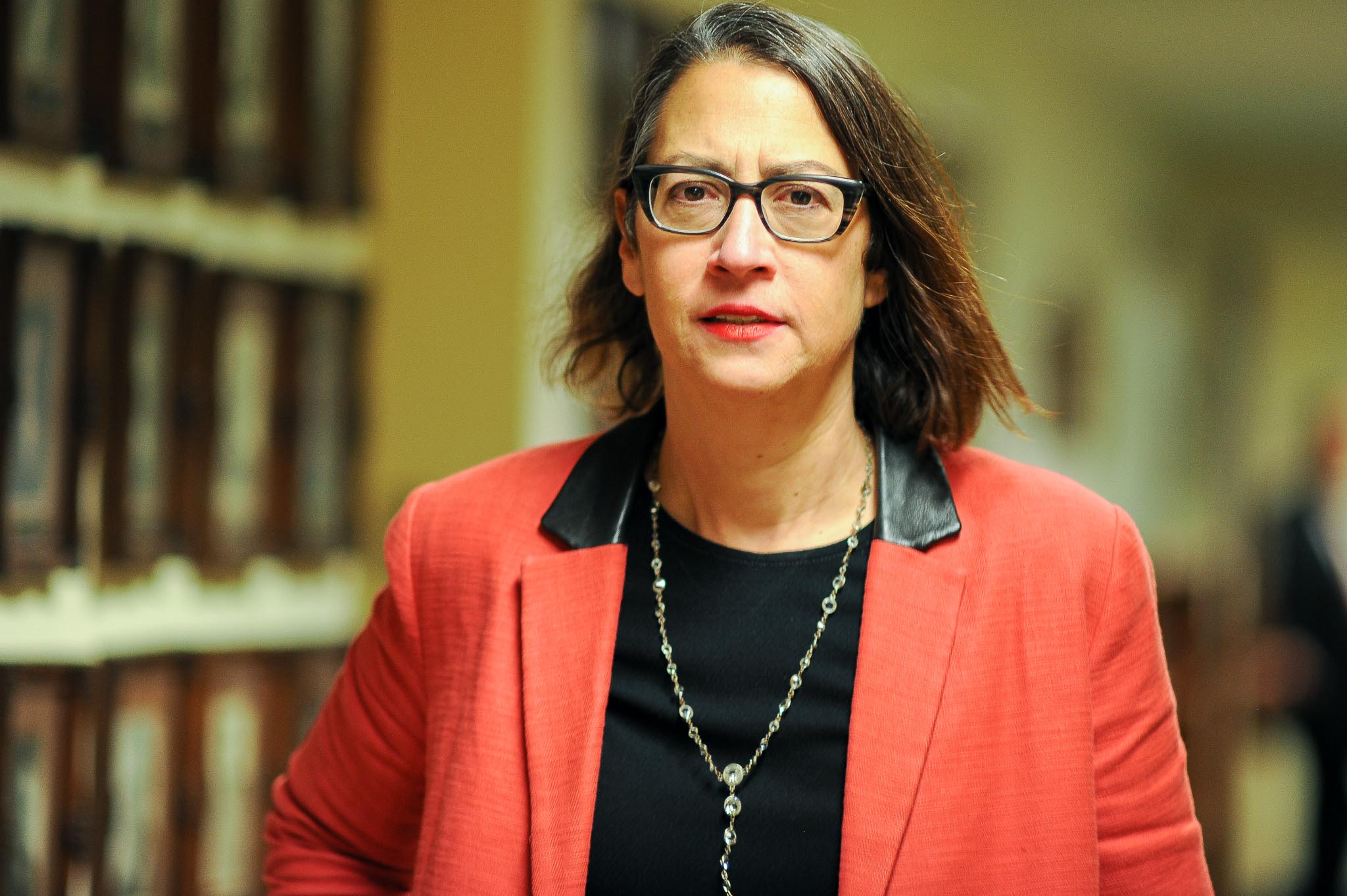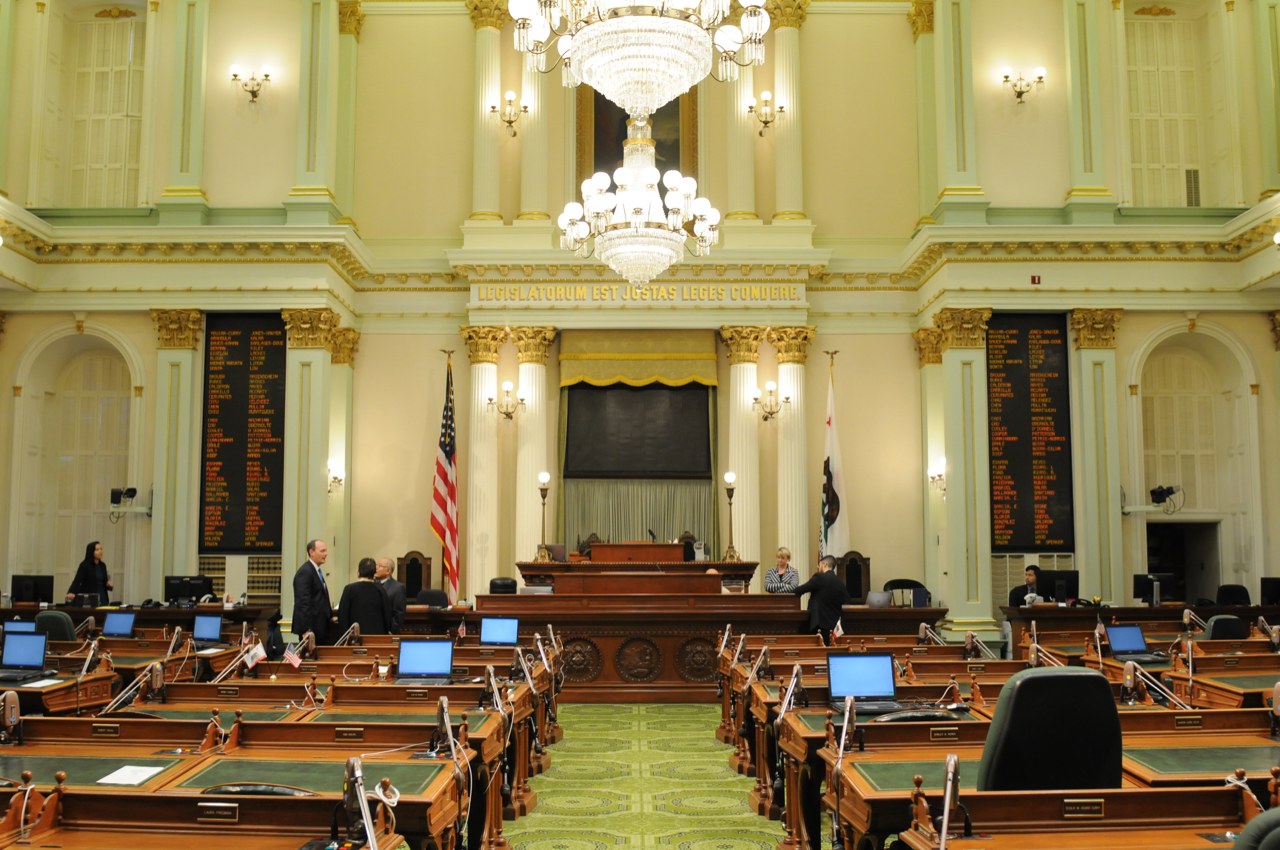
Assemblyman Tim Grayson. (Photo: Kevin Sanders for California Globe)
Eight Bills Introduced to Assembly that Go After Housing Development Fees
Five Assemblymen team up to bring in sweeping housing change
By Evan Symon, February 26, 2020 2:15 am
On Monday, five Assemblymen brought forward eight related housing bills that target development and impact fees.
Eight housing fee bills in the Assembly
Assembly members Rob Bonta (D-Oakland), David Chiu (D-San Francisco), Jesse Gabriel (D-Encino), Todd Gloria (D-San Diego), and Tim Grayson (D-Concord) jointly authored and announced the bills, which are designed to combat the housing crisis in California. According to a press release from the office of Assemblyman Grayson, the following bills were introduced:
AB 1484: Provides a comprehensive reform of the nexus standards that cities and counties use to determine their fees.
AB 1924: Requires jurisdictions to assess fees on a per-square-foot basis, giving developers the option to build smaller, more affordable units without being penalized with multiple fees.
AB 3144: Provides state funding to reimburse local governments who waive impact fees on affordable projects.
AB 3145: Establishes a ceiling for development fees based on the median home price in a jurisdiction. Cities and counties that exceed this ceiling will be required to seek approval from the Department of Housing and Community Development, and justify the need to do so.
AB 3146: Requires cities and counties to report a wide variety of essential housing data to the Department of Housing and Community Development, including the number of new housing units that have been issued a completed entitlement, a building permit, or a certificate of occupancy.
AB 3147: Ensures that certain impact fees are payable under protest. This allows for a developer to pay a fee they consider to be unreasonably high so they can continue construction.
AB 3148: Reduces the impact fees paid on affordable housing units that are built using the state’s density bonus program.
AB 3149: Modernizes the way that local agencies notify interested parties prior to levying a new fee or service charge or prior to approving an increase in an existing fee or service charge.
Why the bills are in the Assembly

Several of the Assemblymen also further clarified what the bills will do and why they decided to introduce them.
“Between the stories I’ve heard from communities across our state and the extensive studies conducted on the costs of housing, it has become clear to me that we simply cannot achieve our ambitious housing goals without working to reform fees that are exclusionary and regressive,” announced Assemblyman Grayson.

Development fees causing higher home prices were especially pointed out, with fees comprising up to 18% of the cost of new Californian homes, sometimes being as high as six figures.
“We have to face fact. It is extremely expensive and difficult to build housing in California,” said Assemblyman Chiu. “With a 3.5 million housing unit shortage, we have to find ways to encourage housing production. Lessening the amount of impact fees will make it easier and less expensive to build the housing we so desperately need.”
Assemblyman Todd Gloria also spoke on the bills, saying “This package of bills ought to be seen as complimentary of the Assembly’s work to find a significant, ongoing investment to replenish the revenue lost since the dissolution of Redevelopment. Reform and revenue are not mutually exclusive of one another.”
Those who stand to lose if the bills are passed

While like any block of introduced bills, not all are expected to be passed by the end of the year. However, many developers have already shown acceptance of some of the proposed laws, most notably those that waive certain fees and lessen how much they may need to pay in up front fees. But there may also be some troubles ahead, especially with those groups that may lose out on money coming in from those fees.
“Look at how well AB 1484 did it’s first time out in the Assembly last year,” noted former developer assistant Margot Kinsey. “No one was opposing it. It goes to show that lawmakers recognize the fee problem and want to get it passed. Developers win because they save money and get to build things quicker. Consumers win by having cheaper housing. Governments win by bringing in cheaper affordable housing.

The only place it might decline is in city ans state services. When I helped my boss fight some of these fees before we found out that that fee money went to things like schools. It went to education. And it went to sidewalk repair, and building parks, and maintenance. That’s all important, and that needs to be figures out or I guarantee you that come Assembly and Senate voting that any group or union who sees this money come in is going to raise hell if no viable replacement is found. To a lot of people this is like robbing Peter to pay Paul.
I know from prior experience in helping my boss write drafts that anything where you propose on taking something beneficial away from kids is always going to lead to a fight.”
All eight bills are currently being sent to Assembly Committees where they are expected to be heard in the spring.
- Bill to Require Law Enforcement Disclosure if AI Was Used To Help Write Reports - August 7, 2025
- Gov. Newsom Files FOIA Request To ‘Expose True Cost’ Of L.A. Federal Troop Deployment for Anti-ICE Riots - August 6, 2025
- California Redistricting: How Newsom’s Plan Will Demolish Hard Fought GOP Gains - August 6, 2025





Thank you very much, Evan Symon, for the heads up on these bills.
The connection fees charged by local utilities are already extensively regulated by California and also require ongoing accounting to verify that the fees based on additional improvements are actually used for that purpose. Some of the most costly fees and impositions relate to traffic improvements. Where the residents have already financed the existing improvements and the developers will benefit from the expanded road capacity leaving the existing homeowners responsible for a portion of the improvements to serve the new development is simply a tax on exiting homes to benefit billionaire developers.